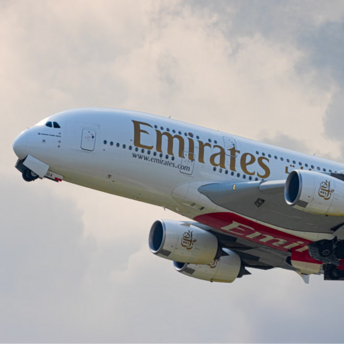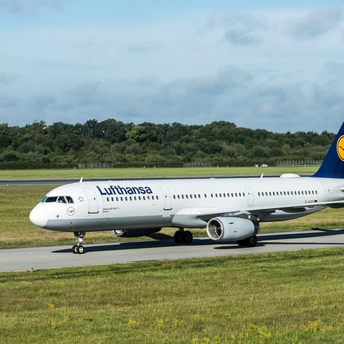Algeria’s New Railway Initiative: How Transport Network Expansion is Impacting Travel and Economy

In recent years, Algeria has been rapidly expanding its railway network, which spanned around 5,000 km in 2023. The government has set an ambitious goal to increase this figure to 15,000 km by 2030. This large-scale development is positioned as a crucial strategic step to support the country’s economic growth, as its vast territories require efficient transport solutions. For tourists and residents, this means a convenient alternative to road travel and greater access to remote regions.
A new railway line, launched in June 2024, connects Ranchelle and Constantine, providing quick and convenient access to these areas for passengers. The route includes stations in 13 towns, opening new opportunities for local business and trade development. Additionally, this railway service offers residents a comfortable way to travel for daily needs — visiting markets, attending medical appointments, or commuting to work. The morning train arrives in Constantine early enough for passengers to start their day, whether for work, studies, or business.
Convenience for Travelers: A New Era in Passenger Transportation
With the launch of new routes like the Bouzoul-Laroua line, travelers now have a faster and safer way to move across the country. This 250-km line connects the northern coast with the south, passing through the Atlas Mountains and high plateaus, marking a significant step for socio-economic development. The average passenger flow on this route is around 400 people per day, including many students heading to universities. Thanks to affordable ticket prices and a convenient schedule, traveling by train has become the preferred option for those who previously relied on buses or cars.
Passengers also note significant improvements in service quality, travel comfort, and enhanced safety levels. For many families without access to cars, rail transport has become an essential means of travel.



















